And Did Those Feet … Six British Jazz Composers by Duncan Heining | Interview
In the vast tapestry of jazz history, certain threads stand out as particularly vibrant and influential. ‘And Did Those Feet…’ by Duncan Heining is a remarkable exploration of six such threads, weaving together the lives and musical legacies of Michael Garrick, Mike Gibbs, Barry Guy, John Mayer, Keith Tippett, and Mike Westbrook.
As a seasoned jazz historian and writer, Heining brings a wealth of knowledge and insight to this project. His meticulous research and deep understanding of the cultural and artistic landscapes of the 1960s provide the backdrop against which these six composers emerged and flourished. Through approximately 20,000 words dedicated to each artist, Heining paints vivid portraits of their lives, influences, and contributions to the jazz world.
The genesis of this book arose from Heining’s recognition of the challenges inherent in producing individual biographies for each composer. Instead, he conceived the idea of crafting a single volume that would do justice to their rich and varied careers. In doing so, he not only celebrates the remarkable talents of these musicians but also ensures that their stories are preserved and honored for future generations.
Furthermore, Heining’s exploration is timely, coinciding with the fiftieth anniversary of Ian Carr’s seminal work, ‘Music Outside’. Drawing inspiration from Carr’s insights, Heining reevaluates the trajectories of these composers, recognizing the unique challenges and opportunities they faced as they navigated the ever-evolving jazz landscape.
Accompanying the book is a companion album curated by Jazz In Britain, featuring rare and previously unreleased recordings selected to complement Heining’s biographies. These musical offerings provide a sonic counterpart to the written narratives, enriching the reader’s understanding of each composer’s distinctive style and evolution.
In essence, ‘And Did Those Feet…’ is a testament to the enduring significance of these British jazz composers. Through Heining’s meticulous scholarship and impassioned storytelling, their voices are amplified, ensuring that their contributions to the jazz canon are not only remembered but celebrated for years to come.
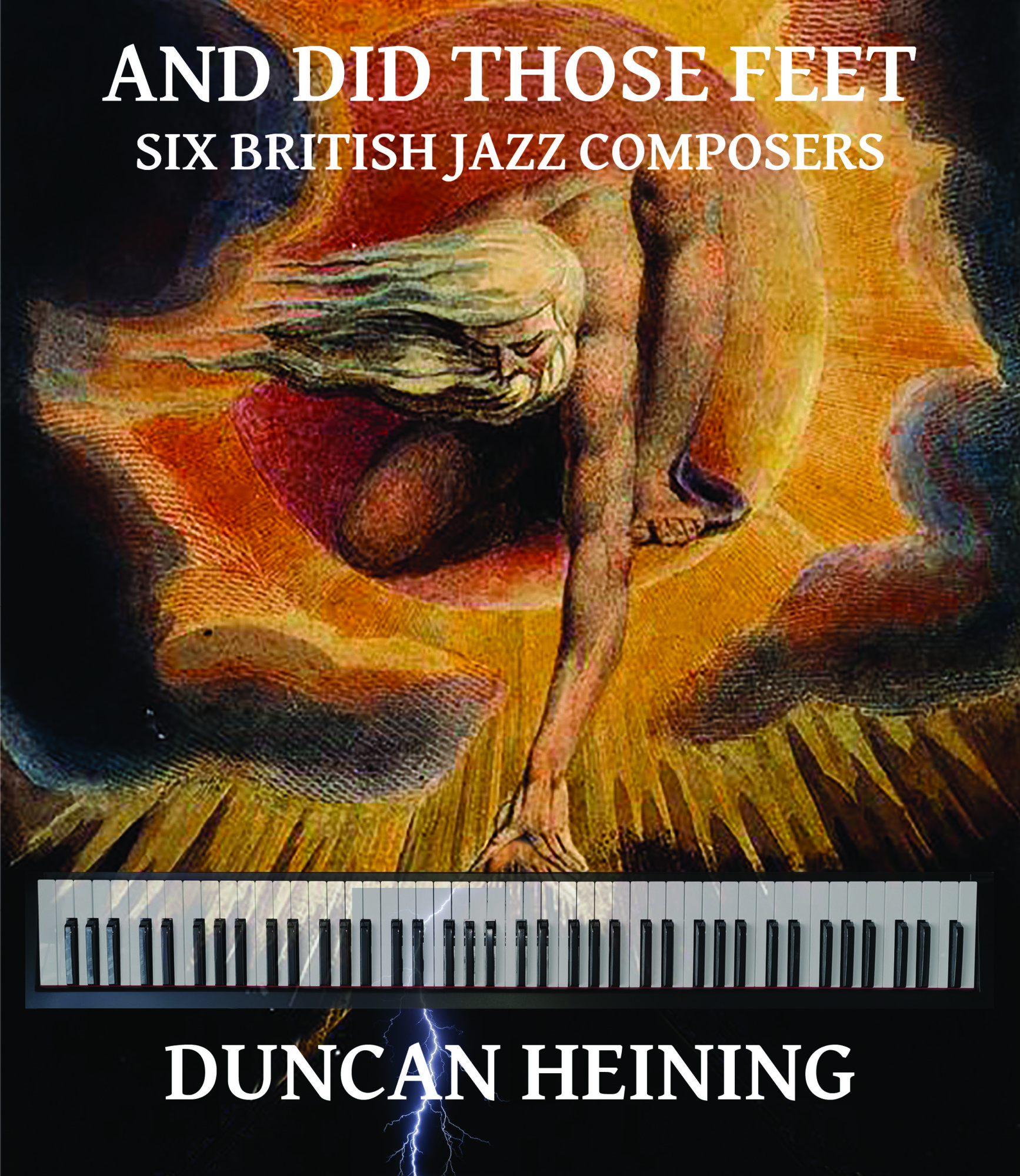
It’s really nice to have you discuss the latest book ‘And Did Those Feet … Six British Jazz Composers’. How much time and effort went into it and when did you start working on it?
Duncan Heining: I put the idea to John Thurlow at Jazz in Britain a couple of years ago. So, that’s how long it has taken but it also built on my past writings on British jazz. In fact, I first interviewed Mike Westbrook back in 1996 for what was my first published piece of jazz writing. I have known all six composers for some time and written about them in articles and reviews, just not in such depth before.
Would love it if you could talk a bit about your background and how you first got interested in jazz music. What in particular did you find fascinating?
I grew up in the sixties. Listening to Radio 1 – in particular, John Peel’s Top Gear and Pete Drummond’s programme – and reading Melody Maker every week, I realised that a lot of the artists I was into were also playing jazz. People like Jack Bruce, Ginger Baker, Jon Hiseman, Chris Spedding, dear old Danny Thompson and, of course, Soft Machine. It was a lot more fluid in that era. The thing that a lot of younger people don’t get is that access to this music wasn’t as easy as it is today. An LP cost around £2 – that’s what I earned pushing supermarket trolleys at weekends for ten hours. Where I lived in Bracknell, there was absolutely nothing happening and going to London was a hassle because the last train was at 22.45. So, jazz clubs were out of the question but I did get to concerts in London and to some of the Hyde Park gigs. Most of my friends had parents, who were reasonably well-off. So, I borrowed their records and bought what I could afford.
Would love it if you could share about your journey into the world of jazz music and press. You write for several magazines.
I stopped writing for print magazines around 2012 but wrote for Jazzwise, Jazz UK, Avant and, for a year, for The Independent. Since then, I have done quite a bit for the All About Jazz website and London Jazz News.
How did I start? I rang up a magazine, spoke to the editor, said I had an interview with Mike Westbrook and the guy said, “Go ahead!” Even when I started with The Independent, I just rang up, spoke with the Arts Editor, pitched my idea and went from there. It was a much friendlier, more open thing in the late nineties, early noughties. You would ring up one of the record labels or Serious Music and have a chat. Try doing that now. I stopped doing any journalistic writing completely just recently. The musicians are great – approachable and friendly. But the people on the business side are another matter.
Your first jazz gig was the Melody Maker Poll Winners’ Concert at the Royal Festival Hall in May 1969. The opening act was the Don Rendell-Ian Carr Quintet. What are some recollections from it?
Well, that was when I fell in love with jazz. I remember they were all wearing suits, white shirts and ties and Ian Carr came to the microphone for his solo bathed in the spotlight. It was that moment where music and iconography came together – it was just perfect. Then, nearly, thirty years later, I found myself sitting next to Ian at the Barbican and got to tell him that story. The other thing I have to be honest about is that I hated the Mike Westbrook Concert Band who closed the concert. I hadn’t a clue what was going on – and I had seen the original Mothers of Invention a few weeks before. I just had no way into Mike’s music back then.
Would you like to highlight some of the concerts you attended back in the day?
The Mothers of Invention at the Albert Hall in 1969 stands out. It was mainly rock gigs then because jazz clubs started late and finished late and, living in the sticks, I couldn’t get home. I saw the original Fleetwood Mac on a bill with Pentangle and Duster Bennett and was at the Stones’ Hyde Park gig – King Crimson was the best thing that day. I saw Nice a couple of times. My first ever gig was in 1968 at the Slough Adelphi – Free, Crazy World of Arthur Brown – Arthur’s flaming helmet set the curtain on fire – Joe Cocker and the Grease Band, who were amazing, the Mindbenders and the Who topped the bill. In terms of jazz I did see Kenny Wheeler’s Big Band and his quintet with the amazing Mike Osborne on alto.
“British jazz scene has always reflected the economic dominance of London within the wider economy”
What makes British Jazz artists unique? Did you find a common thread when doing research?
Wow! You do ask some difficult questions. I dealt with this issue at length in my book, Trad Dads, Dirty Boppers and Free Fusioneers – British Jazz 1960-1975. I think jazzers outside of the USA – in Britain, mainland Europe and elsewhere – wanted to be seen and heard as authentic in their own right, to have their own identity and voice inspired by but not totally subservient to American jazz. There were all sorts of issues for British musicians in getting access to American jazz in the post-war era. Imports were incredibly expensive, so big British labels like EMI and small labels like Esquire had to negotiate licences with American companies like Prestige, Columbia and so on to put the records out in the UK. This often meant a delay between an album appearing in the USA or Europe and then getting a UK release. Also, the Musicians Union had a deal with the British Ministry of Labour that restricted work permits for American artists that effectively meant that people like Charlie Parker or Dizzy Gillespie might tour Europe but not the UK. I think that created a very different scene in Britain from say France or Germany or Italy or Sweden. I argue that that led to a distinctive focus amongst British musicians on how they might create their own authentic jazz that drew upon different, local music traditions such as British folk music, brass bands and the pastoral tradition in British twentieth century composition but also led them to pick up much earlier on the possibilities offered by blues and rock. Jazz-rock didn’t begin with Joe Zawinul or Gary Burton but here with Graham Bond and Alexis Korner. Finally, the British jazz scene has always reflected the economic dominance of London within the wider economy. London was where the music industry was based and where the clubs and music papers were. This in itself created opportunities for cross-fertilisation that perhaps weren’t so readily available to jazz musicians in France or Germany or Italy, countries where capital cities were not quite so central to economic and cultural life. And that’s the short answer!
So all of those experiences eventually led you to write a book about the six great British jazz artists?
Yes and no. I’ve been writing about jazz for 27 years and, I suppose, much of my writing has been about British jazz. I think you have to celebrate and support these guys. Ian called it a “music outside” and it is in every way. It has been a struggle for the six composers I feature here and their music deserves to be more widely appreciated. Writing about them is my contribution.
But there are lots of others who are in their own ways just as deserving. Musicians and band-leaders – people like Alan Skidmore, Norma Winstone, Howard Riley, John Marshall. With that in mind we are planning a volume 2, which will feature shorter chapters on around 18 different British musicians who came up through the sixties and seventies, most of whom are still working.
You did a lot of very extensive research and essentially wrote down all the details surrounding Michael Garrick, Mike Gibbs, Barry Guy, John Mayer, Keith Tippett, Mike Westbrook. I was wondering if you could share some words about what makes those six composers unique and what attracts you the most in their music.
I think the only answer to that question is to buy the book. It’s on Amazon.
What was the process like for you when it came to research? Are there any other connoisseurs that helped you to get as much information as possible?
The answer to the second question is “no” but I did quite a lot of interviews for the book as well as drawing on a range of sources including my own. I deal with the research aspect in the preface. Briefly here, my academic background is in the social sciences, while I trained as a social worker and worked for 25 years in the criminal justice system. Both of those aspects inform my approach to research. Fortunately, I enjoy research and don’t find it hard but the part I enjoy the most is the writing. I have never seen myself as a journalist but as someone who writes about music.
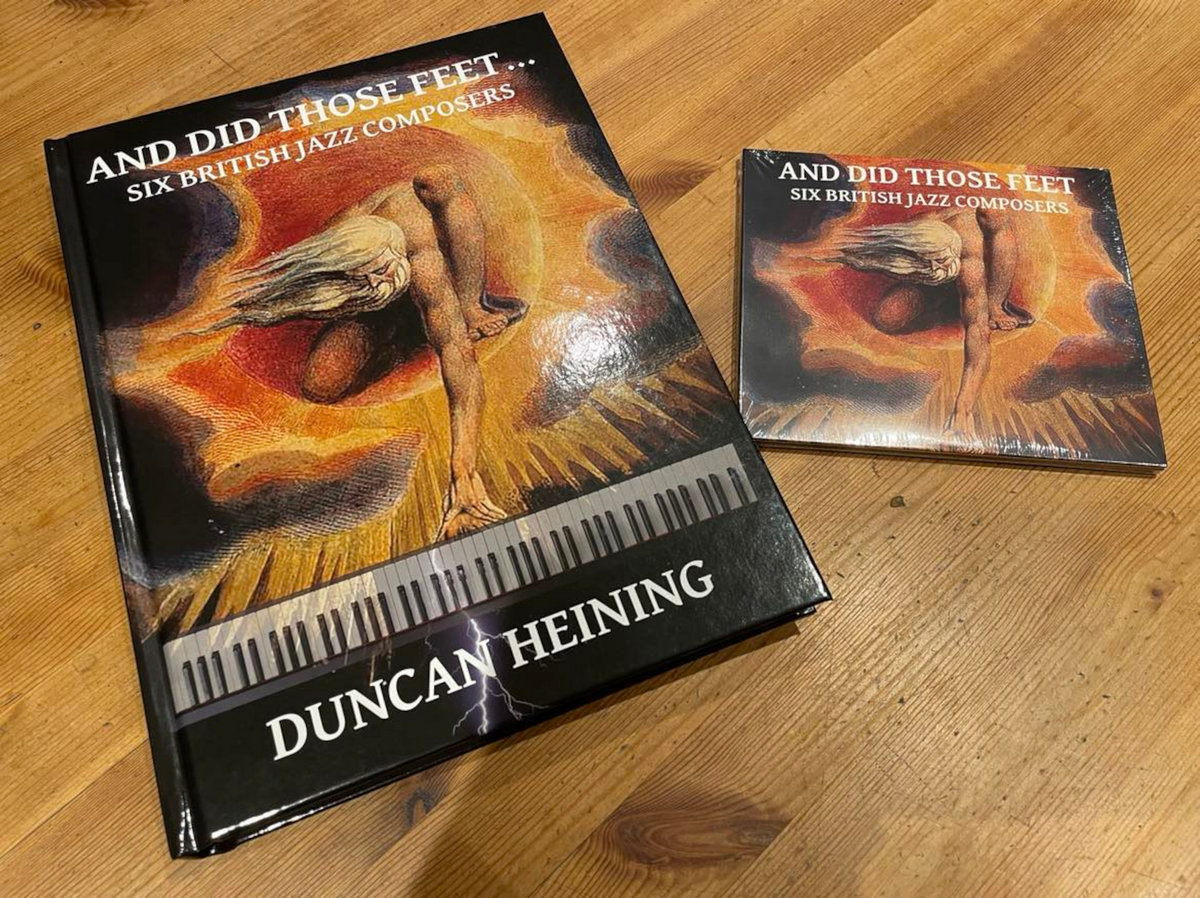
How did the idea for a companion CD come about?
That was down to John Thurlow. In fact, I only got to hear the music when my own copy arrived. I knew John and Pete Woodman would come up with something amazing and they did. Jazz in Britain have an incredible collection of unreleased tapes of British jazz from the sixties onwards. For various reasons, the CD was only available with the first print run of 500 copies. However, we are quite a small community and, if people buy the book on Amazon, most people will know someone who can burn them a copy of the CD. But I really hope that readers won’t stop there. The point is to investigate the music of Mike Gibbs, Mike Westbrook, Michael Garrick, John Mayer, Keith Tippett and Barry Guy. That is what I wanted to celebrate in And Did Those Feet…
Klemen Breznikar
Jazz In Britain Official Website / Facebook / Instagram / Twitter / Bandcamp / YouTube

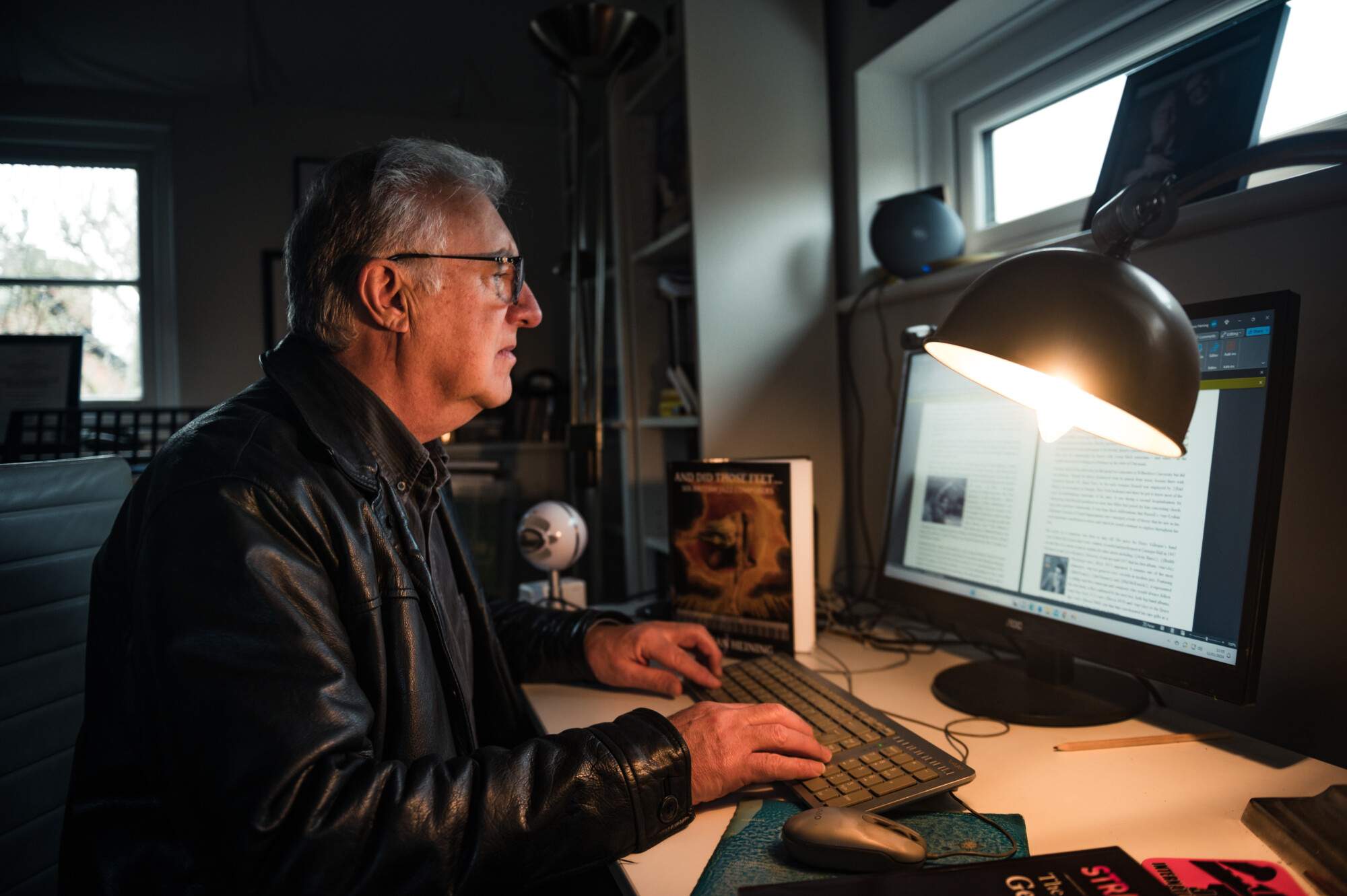
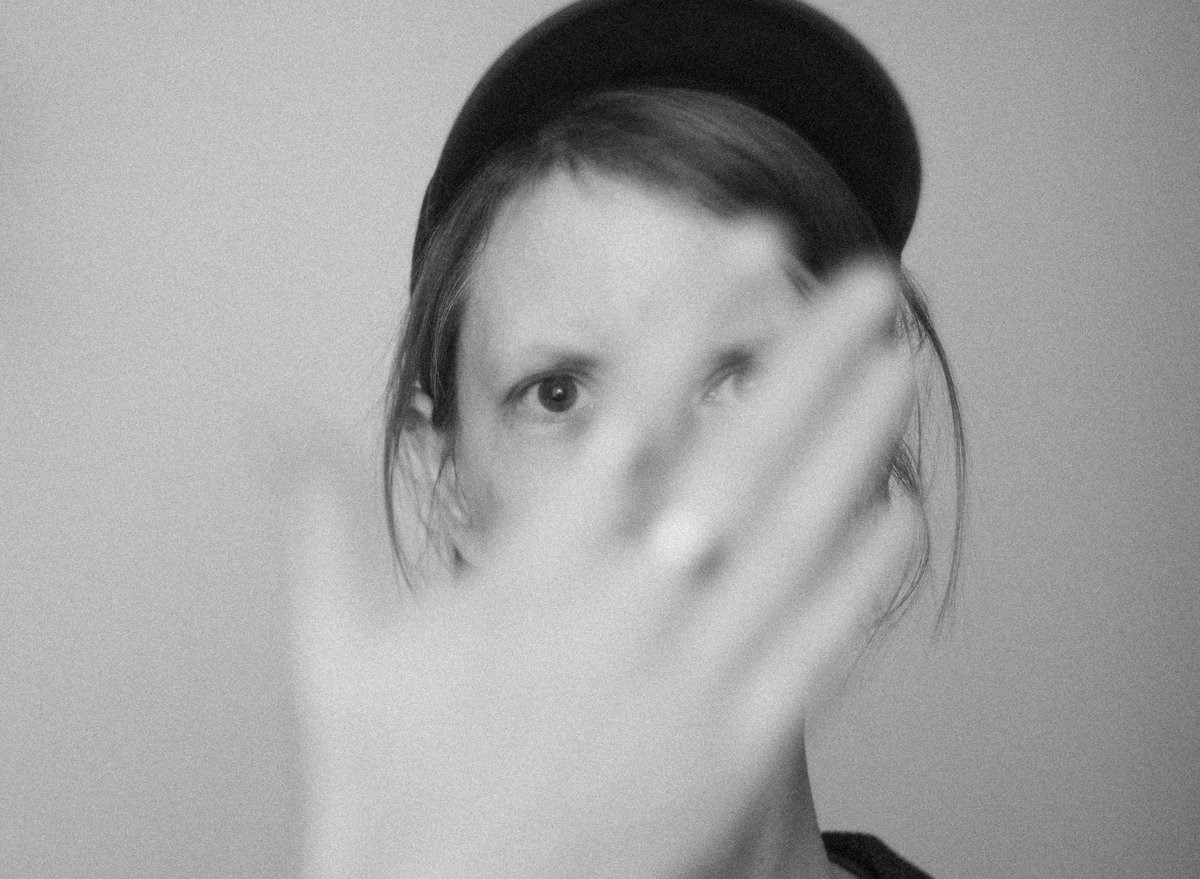
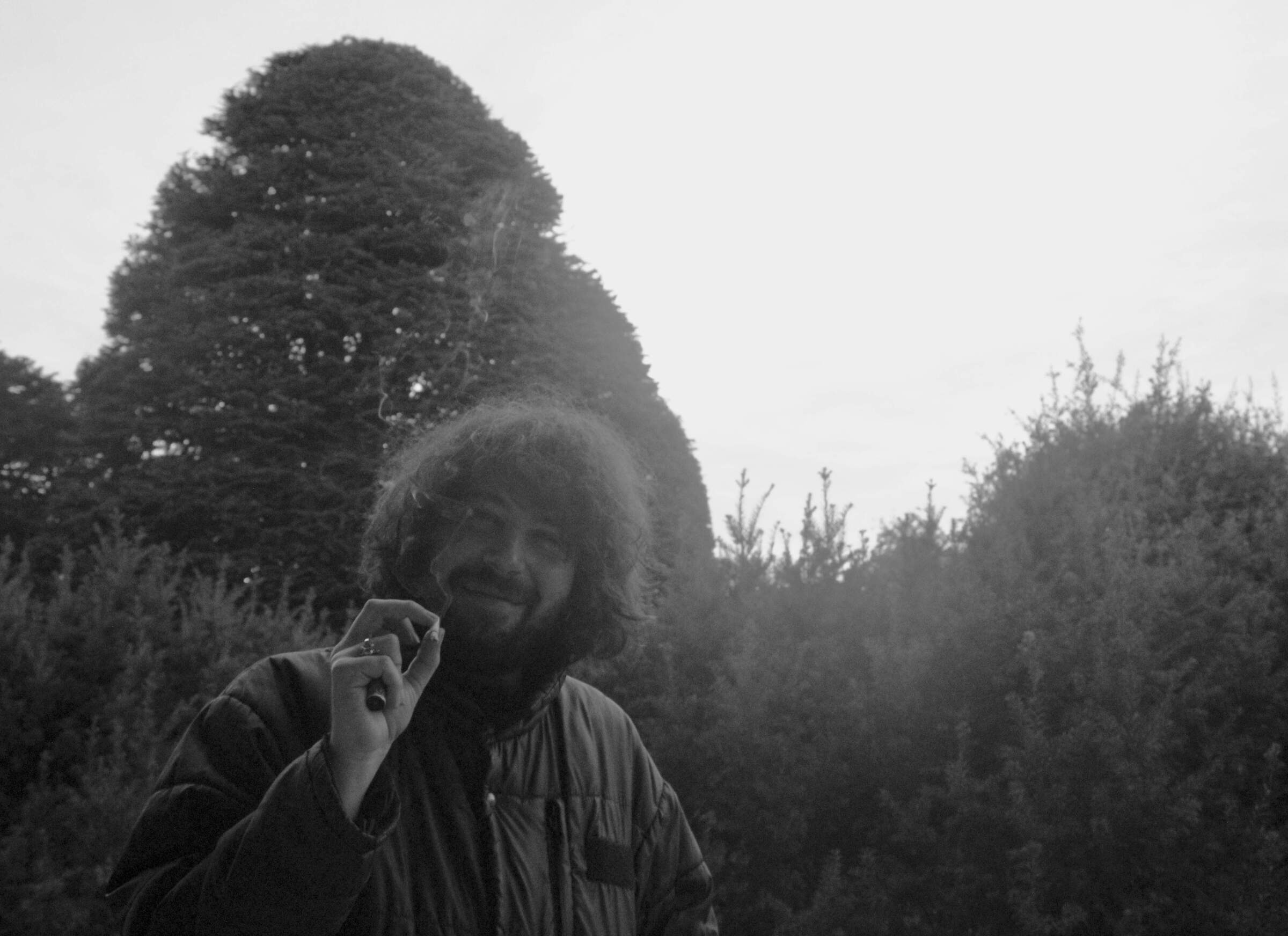
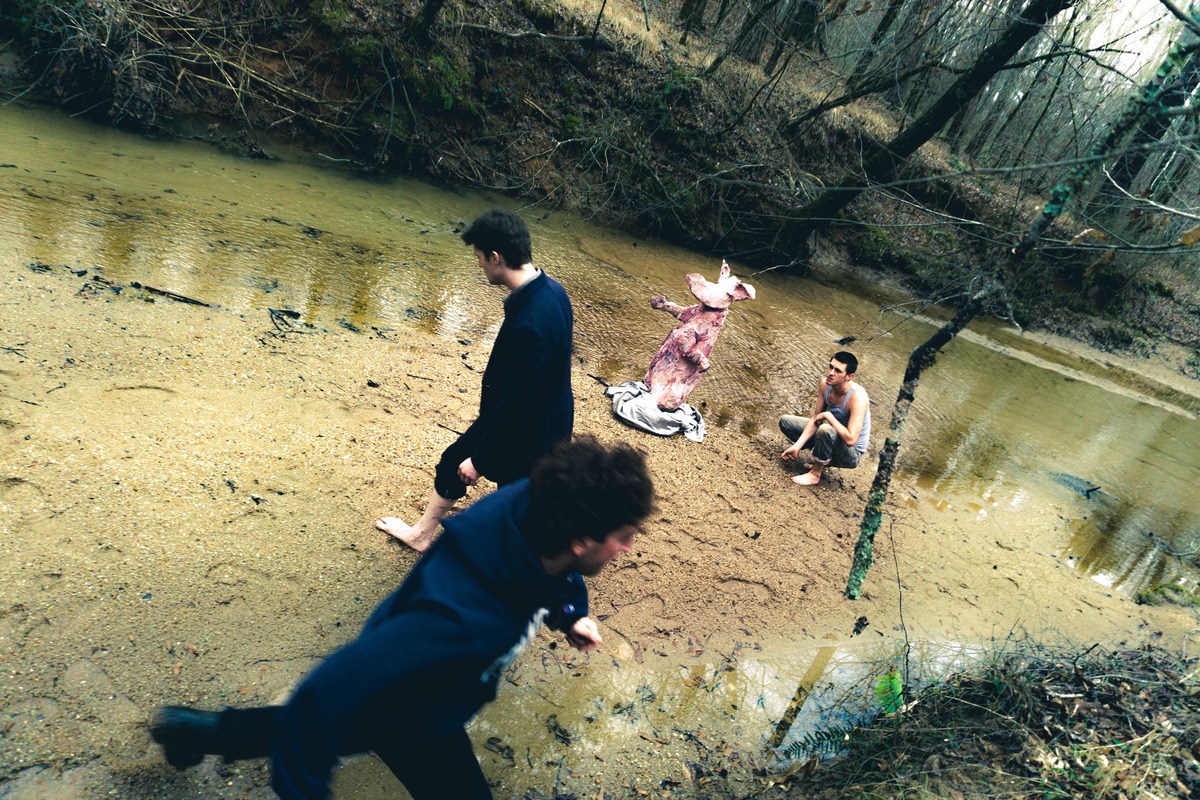
Excellent interview! Thanks. Duncan’s work as a sympathetic critic of this music doesn’t get celebrated enough in the UK, so thanks again. Looking forward to volume 2! Best wishes!